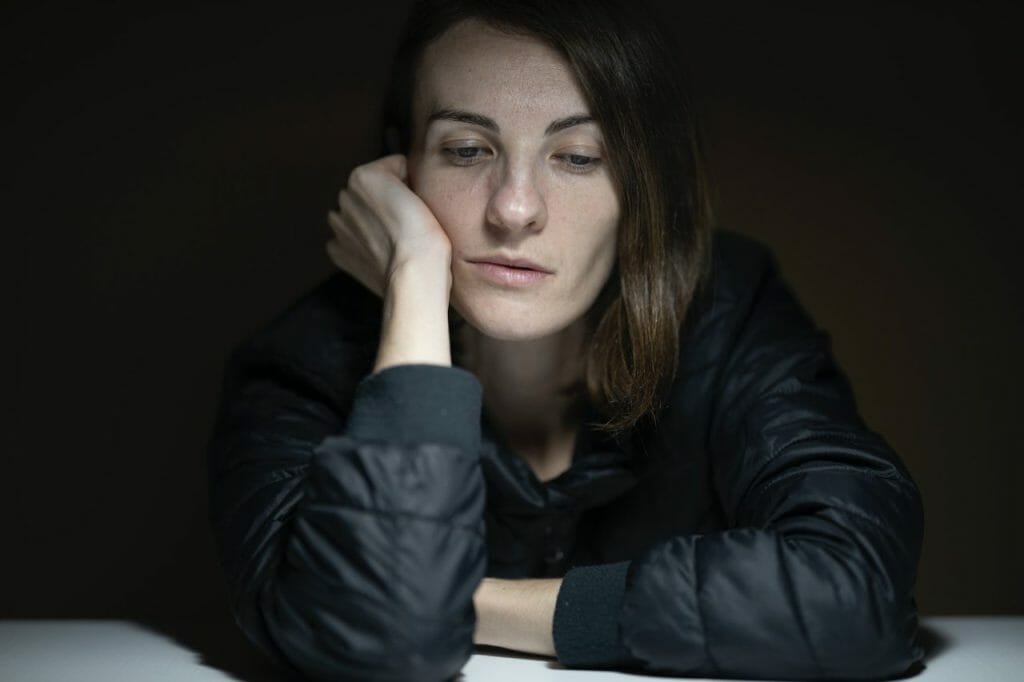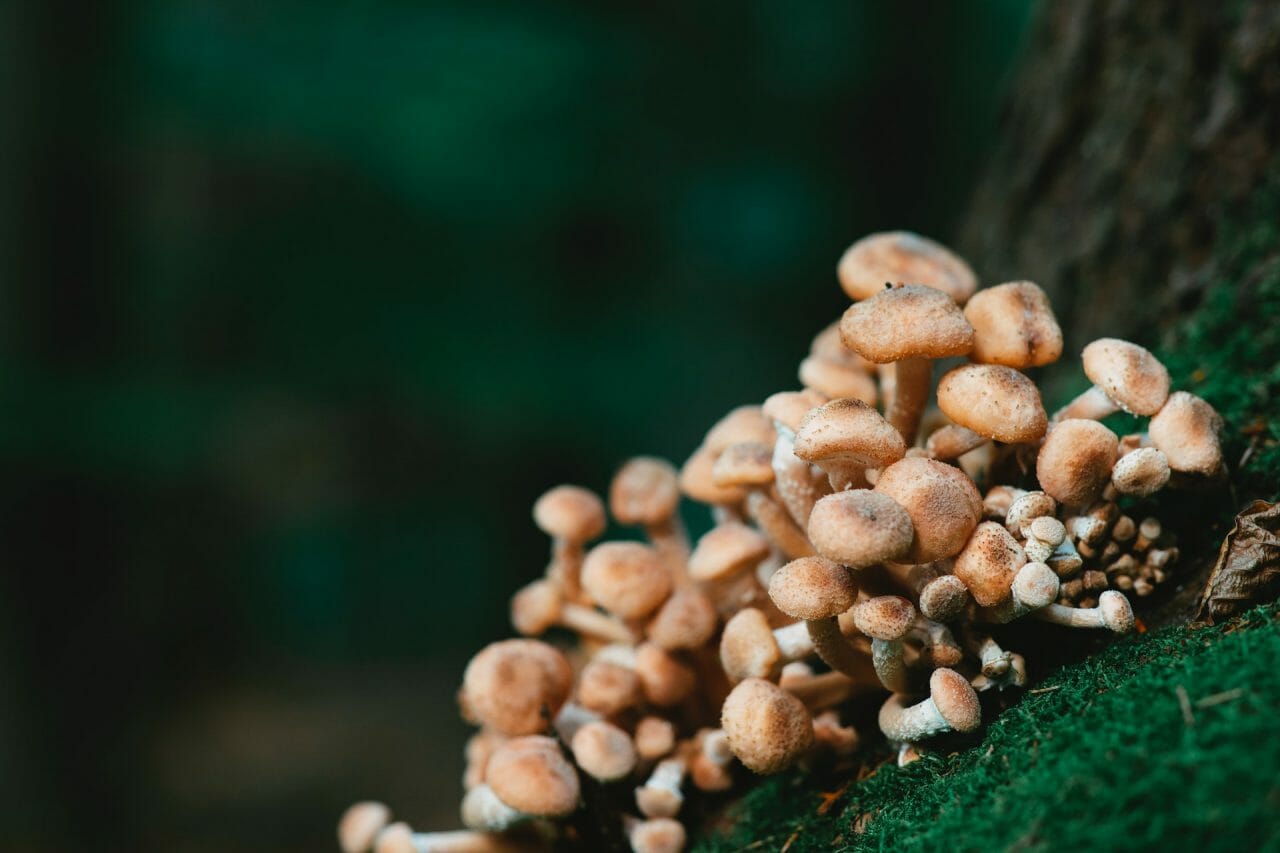The World Health Organization (WHO) reveals that over 264 million people worldwide are affected by depression.
Traditional depression treatments, while effective for some, often fall short in addressing the complexity of the condition. This has led to a growing interest in alternative therapies. One such therapy, gaining both scientific and public attention, involves the use of psilocybin-containing mushrooms, sourced from a mushroom dispensary, as a potential treatment for depression.
Let’s delve into the world of mushroom dispensaries, their role in treating depression, and their potential to revolutionize our approach to this significant global mental health concern, backed by intriguing statistics.
Key Takeaways:
- Mushroom dispensaries offer alternative depression therapies using psilocybin-rich mushrooms.
- Research suggests that psilocybin can result in substantial and enduring reductions in depression symptoms.
- Psilocybin therapy is part of a new wave transforming mental health care.

Understanding Psilocybin and its Therapeutic Potential
Psilocybin is a natural compound found in certain mushroom species, commonly referred to as “magic mushrooms.” When ingested, the body transforms psilocybin into psilocin, which interacts with serotonin receptors in the brain. This interaction instigates significant changes in perception, mood, and consciousness, characteristics typically associated with psilocybin consumption.
Research into psilocybin as a potential treatment for depression has shown promising results. Clinical trials and studies suggest that a single, carefully administered dose of psilocybin can result in significant reductions in depression symptoms. Patients have reported long-lasting, transformative effects on their mental health and overall well-being.
These findings have sparked heightened interest and funding in exploring psilocybin as a novel treatment for depression, especially for individuals who have not responded to traditional therapies.
Encouraging Results in Depression Treatment with Magic Mushroom Dispensaries
Magic mushrooms, or psilocybin-containing mushrooms, are gaining attention for their potential to alleviate depression symptoms. Let’s explore different types of magic mushrooms and examine their possible benefits in relation to depression.
| Kind of Magic Mushroom | Characteristics | Possible Advantages for Depression |
| Golden Teacher | A commonly encountered psilocybin mushroom with a golden cap. | It may help reduce symptoms of depression and enhance emotional wellness. This variety can promote introspection and self-reflection, potentially aiding individuals in gaining new insights into their depression. Some users report feelings of unity and interconnectedness, which can counteract the isolation often associated with depression. |
| Psilocybe Cubensis | One of the most commonly found magic mushroom species. | It is reputed to induce positive shifts in mood and life outlook. It may enhance emotional processing and help individuals confront the root causes of their depression. The alternate state of consciousness it induces may help users break free from rigid thought patterns and cultivate a more optimistic mindset. |
| B+ | Noted for its large, bulbous fruiting bodies. | It might contribute to significant and lasting reductions in symptoms of depression. Users often report gaining a newfound understanding and awareness concerning their emotions and life circumstances. The therapeutic journey may assist in releasing suppressed emotions and trauma, thereby providing relief from depression. |
| Liberty Cap | These are small, conical mushrooms found across various regions. | They’re known to produce intense emotional experiences that can positively impact depression. During Liberty Cap trips, users often report heightened sensitivity and empathy, fostering emotional healing and connection. The immersive and profound nature of the psychedelic journey may enable individuals to understand the underlying causes of their depression. |
| Penis Envy | Identified by its distinct, phallic-like shape. | Associated with deep realizations and changes in depressive thought patterns. Users frequently report undergoing ego dissolution, allowing them to address their depression without the constraints of their usual identity. The intensity of the experience may lead to therapeutic breakthroughs, resulting in sustained improvements in mental health. |
| Blue Meanie | A potent strain characterized by its bluish hue. | This hue is believed to induce a soothing and restful state, potentially reducing the symptoms of anxiety and depression. Many people have reported achieving a sense of inner peace and emotional release during Blue Meanie experiences, which could possibly contribute to mental health. This strain, noted for its mild yet contemplative traits, may be particularly suitable for those seeking a less intense psychedelic experience for therapeutic benefits. |
The Role of Magic Mushroom Dispensaries in Treating Depression
Magic mushroom dispensaries, or stores, play a significant role in treating depression by providing a controlled and regulated environment for those seeking potential therapeutic solutions.
The Function of Health Canada
Health Canada is the federal organization in Canada responsible for ensuring the safety, effectiveness, and quality of therapeutic products, including psilocybin from magic mushrooms.
Therapeutic Product Approval
Health Canada has recently granted exemptions and approvals for the use of psilocybin in certain clinical and research contexts for specific medical conditions, including depression. This shift in policy indicates a growing recognition of psilocybin’s potential therapeutic uses.
Potential Therapeutic Uses
Magic mushroom dispensaries could offer a potential new and promising therapeutic option for individuals suffering from depression. With appropriate authorization and under certain conditions, individuals could use psilocybin therapy to alleviate depression symptoms.
A Supervised and Regulated Environment
Magic mushroom dispensaries provide a supervised and regulated environment for those seeking psilocybin therapy, ensuring that the process is conducted safely under the guidance of trained professionals.
Compliance with Health Canada Regulations
Dispensaries must adhere to Health Canada’s rules and guidelines when providing psilocybin-based products for therapeutic use. They play a crucial role in ensuring adherence to the regulations and that therapy is conducted responsibly and ethically.
How to Undertake Psilocybin Therapy at a Mushroom Shop
Undergoing psilocybin therapy at a mushroom shop could be a potentially transformative and beneficial experience. However, it’s essential
It’s crucial to approach this process with a sense of responsibility and carefulness. Here are several guidelines you can follow:
- Deep Dive Research: Begin by performing an in-depth investigation of psilocybin therapy and the specific mushroom store you plan to visit.
- Professional Consultation: Before contemplating psilocybin therapy, consult with a mental health specialist or a therapist who specializes in psychedelic-assisted treatment. They can assess your suitability for such treatment and provide insightful advice.
- Choosing a Trustworthy Store: Look for customer reviews, endorsements, and evidence of compliance with local regulations.
- Understanding the Process: Familiarize yourself with the entire therapy protocol, from the preparatory stage and the psychedelic journey to the integration phase after the experience. Knowing what to expect can reduce anxiety and enhance therapeutic outcomes.
- Mental and Emotional Readiness: Prepare yourself mentally and emotionally for the journey. Set clear intentions for your therapy session, and be ready to confront any challenging emotions or thoughts that may arise.
- Securing a Safe Environment: Ensure that the mushroom store provides a secure and comfortable environment for your therapy session. This includes appropriate lighting, music, and the presence of trained facilitators to assist you if needed.
- Following Dosage Guidelines: Adhere to the dosage recommendations provided by the mushroom store or your healthcare professional. Avoid self-dosing or taking unknown substances, as this can be dangerous.
Conclusion
Mushroom stores offering psilocybin therapy are emerging as a promising alternative for treating depression. While the legal and regulatory landscapes around these stores vary, growing evidence from research and real-world experiences highlight their potential to alleviate depressive symptoms and provide individuals with new insights into their mental health.
As the field of psychedelic-assisted therapy continues to grow, the role of mushroom stores in reshaping the landscape of depression treatment offers hope to those seeking innovative mental health solutions.
Frequently Asked Questions
What is the best way to find a reliable mushroom dispensary for depression treatment?
To find a reliable mushroom dispensary, thorough research is essential. Look for stores that follow local regulations and safety protocols. Ask for recommendations from
When choosing a dispensary, ensure to consult with healthcare professionals or individuals who have successfully undergone similar treatments. Verify the dispensary’s credentials, paying close attention to the qualifications of their facilitators and their adherence to ethical standards.
How long does the therapeutic effect of psilocybin therapy last in depression treatment?
The therapeutic benefits of psilocybin therapy vary among individuals. Some people may experience immediate relief, while others may notice gradual improvements. Research has shown that the benefits can last for several weeks to months after a single session. However, the duration of the effects can also depend on follow-up support and the integration of the therapy into the patient’s lifestyle.
Is psilocybin therapy effective as a standalone treatment for depression, or does it need to be combined with other therapies?
Psilocybin therapy is typically incorporated into a comprehensive treatment plan for depression. It is often combined with traditional therapies such as psychotherapy, counseling, or medication to enhance its effectiveness. The choice of treatment methods should be customized to meet individual needs and should be based on the recommendations of healthcare professionals.
What other magic mushroom products are available for depression treatment?
Apart from traditional magic mushrooms, other products for treating depression include psilocybin microdosing capsules, psilocybin-infused goodies such as chocolates or gummies, liquid extracts or tinctures, and psilocybin nasal sprays. These alternative delivery methods for psilocybin provide a variety of dosing options and ways of administration, including precise microdosing for subtle mood enhancements.
Related Article:





